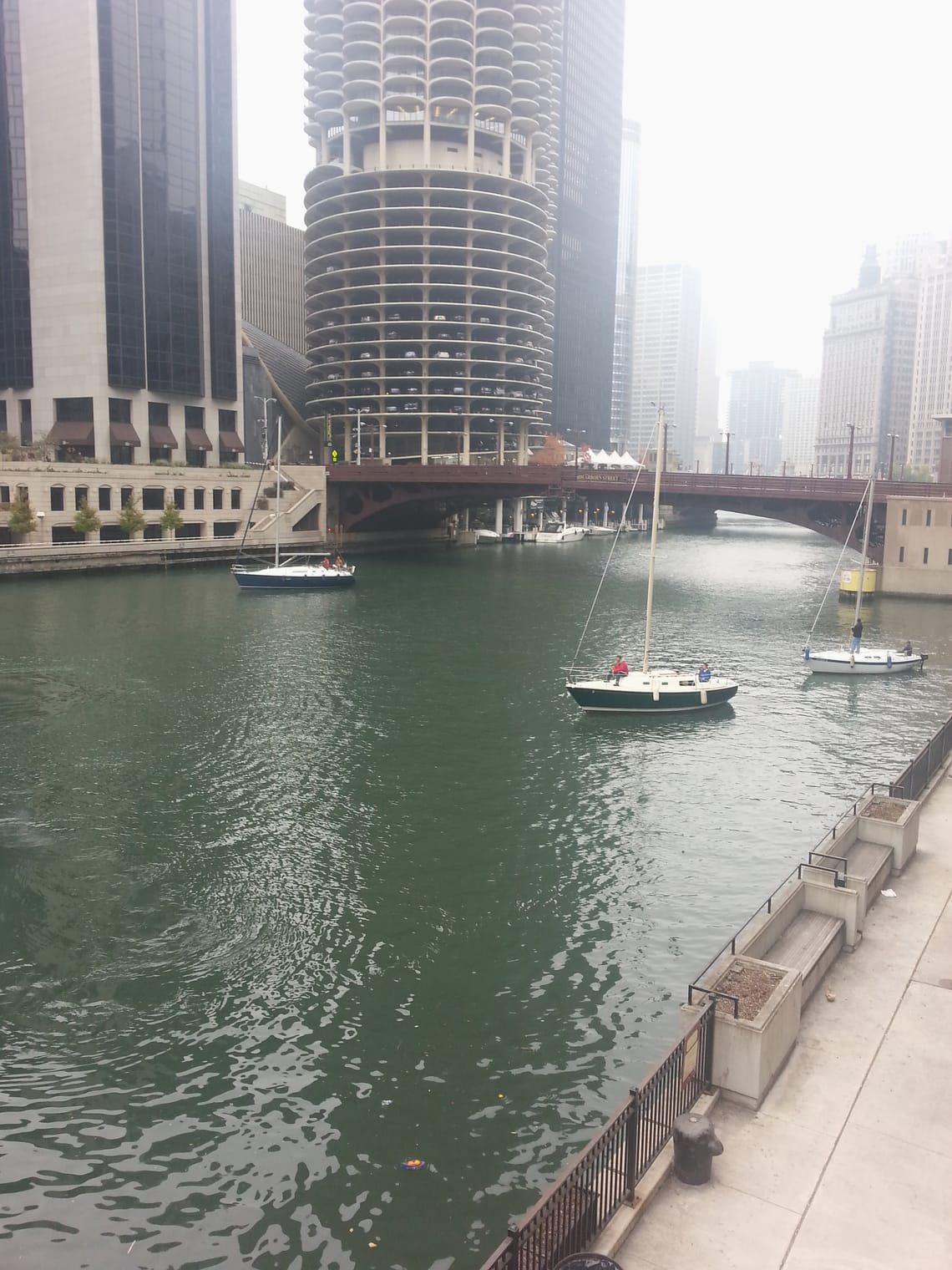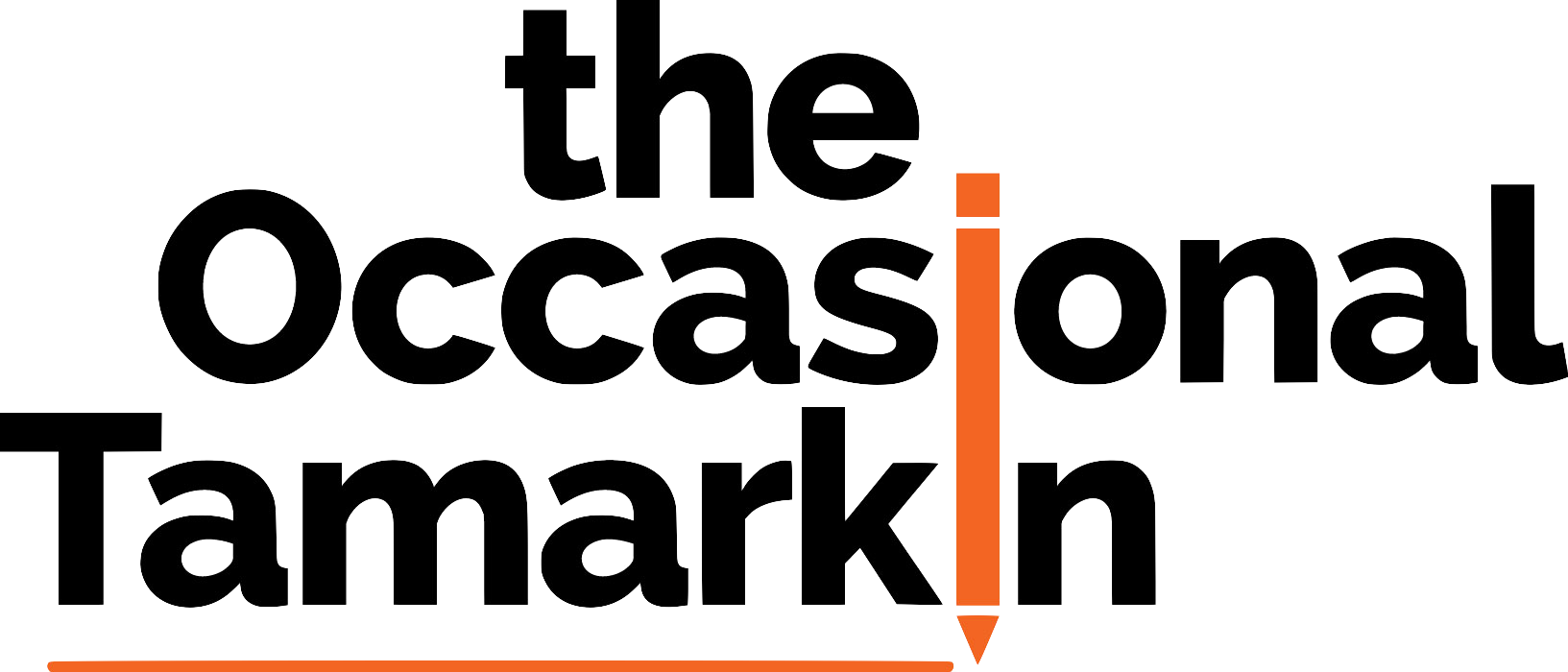
On fire in Chicago
Issue No. 12 | Ruthless Ambition | Spring Advice
When I was 26 years old I lied and hustled and badgered my way into a series of job interviews at Time Out Chicago, a magazine that didn’t exist yet. I was a producer at a rapidly-aging reality TV show at the time and desperate to get out—not just out of the job but out of New York City. I’d been writing magazine articles about food on the side and thought that if I could do that full time, in the Midwest, life would be golden. And when I received the phone call that the job was mine, that’s how it felt. It was rapture. Or maybe it was just relief. Whatever it was, I was certain the feeling would last.
It took only one day in Chicago to come down to Earth. There, at a mixer in the Time Out offices, I met the editor I’d be working under, H. She was an intimidating presence: six feet tall, straight black hair in a severe bob, thick black cat-eye glasses. Her vibe was somewhere between rockabilly and metal, kind of like Dita Von Teese, but with a lot more rage. She was suspicious of me because I’d just moved from New York, and bluntly told me so. That was the only thing she said to me all night. My other coworkers were not much more welcoming. When the Art Director heard I was Jewish, he excitedly told me an antisemitic joke, the punchline of which was simply the word “kike.” Later, when the Editor-in-Chief heard about this, he was more curious than alarmed. “Huh,” he said to me. “Do you think I should do something about that?”
This was all 20 years ago (Time Out Chicago's first issue came out on March 5, 2005). When I think about those first few months on the job, I remember spending a lot of time with my head in my hands, wondering why I had upended my life to come here, why I’d moved to the cow town Chicago, and what I’d done to deserve the abuse H heaped on me daily, screaming at me in the middle of the office while my coworkers pretended they couldn’t hear it. Why the fuck am I here? I often thought. But eight years later when the magazine closed, I was still there, inconsolable that it was all over.
I was probably unqualified to be a food writer. For one thing, I hadn’t published very much. During my interview for the job I’d handed the Editor-in-Chief a stack of clips—just three features and a handful of 100-word reviews that had appeared in guidebooks—and pretended that it was a mere sampling of my work. The truth was that it was the entirety of what I’d done, so I was relieved when he didn’t ask to see more. I was also less knowledgeable than a full-time food writer should have been. I’d been producing food segments for that television show and studying Elizabeth David, but still, I was a dilettante. I cared much more about writing than I did food.
